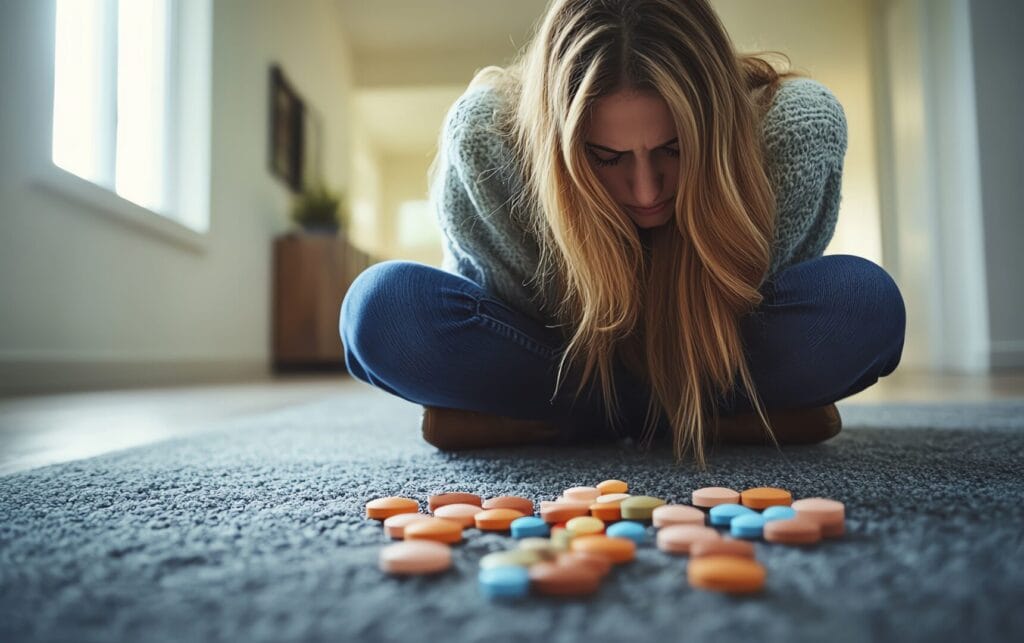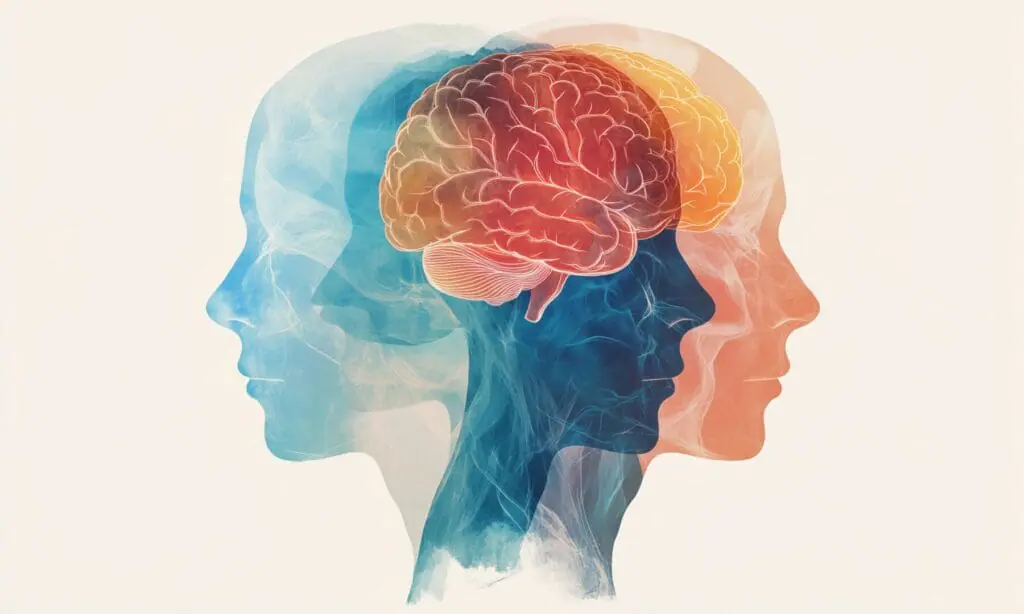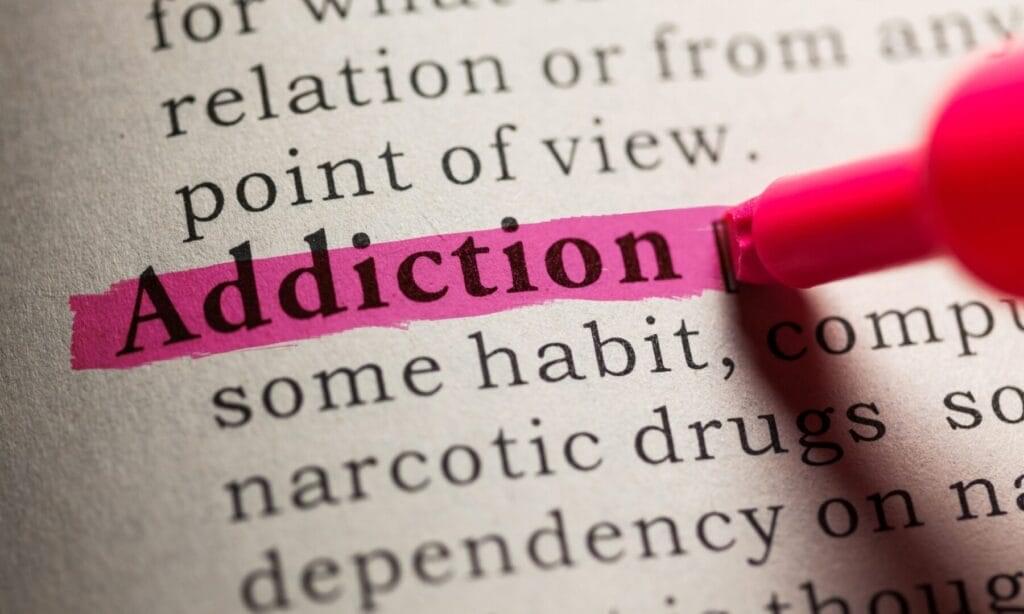Benzodiazepines are a class of medications that are mainly used to treat anxiety, panic disorders, and insomnia. While there are therapeutic benefits that come from prescribing these medicines, there’s also a potential for addiction.
Benzodiazepine addiction has become a growing concern in modern healthcare, and as prescriptions for these medications go up, so do situations involving misuse and dependency.
Benzodiazepine Use
Benzodiazepines are also referred to as benzos. They’re a drug class that affects gamma-aminobutyric acid or GABA in the brain. GABA is a neurotransmitter that has a calming effect on neuron activity, so when benzos are taken, it leads to anti-anxiety, sedative, and hypnotic effects. Benzodiazepines also have anticonvulsant and muscle relaxant properties.
These are among the most commonly prescribed medications in the world, but their effectiveness and broad availability contribute to their addiction potential.
Some of the most commonly prescribed and used medicines include:
- Alprazolam (Xanax): This benzo has a rapid onset of action and is prescribed for short-term management of anxiety and panic disorders.
- Lorazepam (Ativan): Along with being used to treat anxiety disorders, Ativan is also used as a pre-anesthetic medicine because it has a fast action onset and an intermediate duration of effects.
- Diazepam (Valium): Valium is used to treat anxiety disorders as well as symptoms of alcohol withdrawal and muscle spasms, and it’s used as a medicine before operations. It has a relatively long duration of action.
- Clonazepam (Klonopin): Prescribed to treat panic disorder and some types of seizures, Klonopin has a longer duration of action than other benzodiazepines.
- Clorazepate (Tranxene): This is for anxiety disorders and also to help with acute alcohol withdrawal symptoms.
There are important medical uses for benzodiazepines, but when they aren’t used appropriately, it can lead to tolerance and dependence as well as addiction. There is a fine line between the therapeutic benefits of benzos and the risks that can come with their use.
The Effects of Benzodiazepines
As touched on, benzos exert effects because they modulate GABA activity. GABA is the primary inhibitory neurotransmitter in the central nervous system. It reduces the activity of neurons, so it’s calming. Benzodiazepines enhance GABA activity by binding to specific receptors.
Along with anti-anxiety effects, benzos can cause drowsiness and sleepiness because they depress the activity of the parts of your brain that control wakefulness.
Since they reduce neuron activity in the spinal cord, benzos can alleviate muscle spasms and reduce the frequency and intensity of seizures.
There are risks associated even with short-term use of these medications, including cognitive impairment and memory problems. They can lead to respiratory depression, mainly if you use them with other depressants and coordination problems.
How Do You Get Addicted to Benzodiazepines?
A lot of people’s benzodiazepine addiction starts with a legitimate prescription.
Your body adapts to their presence, whether that’s your situation or you misused them. That leads to a tolerance, and you need higher doses for the same effects. If you’re taking them as prescribed and develop a tolerance, you might increase your dosage without talking to your healthcare provider first.
Ongoing use leads to physiological dependence. Your body, at this point, will need benzos to function normally. If you were to stop using them, you’d experience withdrawal symptoms like tremors, insomnia, anxiety, and nausea. A fear of experiencing withdrawal could cause you to keep using benzos even when you don’t medically need them.
Benzodiazepine addiction often occurs, too, which is a psychological dependence. You could find that you’re using benzos as a coping mechanism to get temporary relief from stress, emotional discomfort, or negative emotions. You might eventually find that you need benzodiazepines to regulate your emotions, and that can reinforce addictive behavior.
It could be that poor coping strategies or underlying psychological issues also fuel your addiction. You could be using these drugs to self-medicate an untreated mental condition, and that can escalate to addiction.
Signs of Benzo Addiction
The signs of benzodiazepine addiction that may arise include:
- An increased tolerance.
- Withdrawal symptoms.
- Being preoccupied with getting and using benzodiazepines.
- Loss of control.
- Social and occupational dysfunction.
- Psychological symptoms like mood swings, depression, or anxiety.
- Engaging in risky activities.
- Continued benzo use despite adverse effects and consequences.
- Deception and withdrawal from others.
How Is Benzodiazepine Addiction Treated?
There are evidence-based treatment approaches that work well for benzodiazepine addiction. A specific treatment approach and plan is built around your individual needs, the severity of your addiction, and co-occurring psychological disorders.
Some of the evidence-based treatments for benzo addiction include:
- Medically supervised detoxification: If you’ve been using benzos for some time and abruptly stop, it can lead to severe withdrawal symptoms. These can consist of seizures in the most serious situations. Detox is a way to gradually taper off benzodiazepines under medical supervision so you stay safe and more comfortable.
- Behavioral therapies: These are a cornerstone of effective addiction treatment. Several approaches help treat benzodiazepine addiction, like contingency management, motivational interviewing, and cognitive behavioral therapy.
- Pharmacotherapy: There aren’t medicines specifically approved as a treatment for benzodiazepine addiction, but there are options to manage cravings, withdrawal symptoms, and co-occurring mental conditions. These include anticonvulsants and selective serotonin reuptake inhibitors. Buspirone can also be helpful to help with anxiety symptoms.
- Peer support groups: SMART Recovery or a 12-step program like Narcotics Anonymous (NA) gives you support from other people experiencing things similar to you. You can stay accountable, gain insight, and support and encourage others.
- Relapse prevention: After completing a formal addiction treatment program, whether on an inpatient or outpatient basis, you will likely have a relapse prevention plan from your treatment team. It might include ongoing monitoring, counseling, and other individualized strategies to help you avoid relapse.
- Integrated treatment: If you have a benzodiazepine addiction and a psychiatric disorder, integrated treatment, also known as dual diagnosis treatment, addresses both issues at the same time. Dual diagnosis treatment is most effective for long-term recovery in these situations.
Evidence-based treatment approaches can be delivered in residential inpatient centers, outpatient programs, and more. The key is holistic, tailored care. Contact us to learn more about programs if you’re struggling with benzodiazepine addiction or you have a loved one you’d like to help.







